Following in the tradition of Connor Barwin and Malcolm Jenkins, former All-Pro wide receiver and current Eagles broadcaster Mike Quick is writing weekly for The Citizen this season, analyzing what the Birds will have to do each week on the field to emerge victorious. We’ve paired Quick with Professor Richardson Dilworth, Director of Drexel University’s Center for Public Policy, who will analyze how Philly stacks up off-the-field against the city we play each week. Dilworth, who knows nothing about football, is arguably Quick’s most unlikely teammate ever.
Mike Quick’s On-Field Scouting Report: Last week’s 4th quarter collapse against Carolina was something I’ve seen far too many times: teams get complacent and take their foot off the pedal. You can’t do that in the NFL. No matter how much talent you might have, the other teams are just too good. You can’t afford to only play three quarters of a game. This week, in London against the Jacksonville Jaguars, the Eagles will have to get back to playing all 60 minutes of the football game.
Jacksonville has a proficient running game. Their quarterback, Blake Bortles, doesn’t have a great arm, but if you sleep on him, he can make you pay. The Jaguars have lost three games in a row, which makes them very dangerous because they’re hungry. Usually when teams are desperate for a win, their players show more fight.
For the Eagles, this is a huge game. You don’t want to head into the bye week with a loss. The Eagles have a lot of players with nicks and bruises—I don’t think players like Jason Peters or Carson Wentz are at 100 percent—so the time off could allow key players to heal and rest. A win over Jacksonville would get the Eagles to 4-4 at the midpoint of the season, which sets up a second half for a rested team.
Remember that this week’s game will air live from London’s Wembley Stadium, in front of 80,000 fans, on Sunday morning. And now I’m off for tea and crumpets with the Queen. Just kidding.
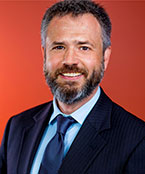
Prof. Richardson Dilworth’s Off-Field Scouting Report: First, one of the kind of cool and interesting things about Jacksonville is that it is geographically the largest city in the contiguous U.S., at almost 750 square miles (Anchorage, Alaska is larger). And like Nashville, Indianapolis, and Philadelphia, it is a consolidated city and county.
The mayor’s race in 2015 had a high turnout in Jacksonville because the mayor was seen as a pivotal figure for the 2016 presidential election, and it became a focus of the two major parties for national reasons. Key to this is that Jacksonville, unlike Philly, is a competitive city that has had both Republican and Democratic mayors over the past few decades, but most recently has trended mostly Republican with the exception of Alvin Brown (2011-2015).
Jacksonville is the largest city in Florida, and the mayor of Jacksonville can be very helpful in determining the statewide vote; Florida is of course a swing state for presidential elections. So, in 2011, Obama’s campaign operation focused on African American turnout in the city to help get Brown elected, and it worked. And in 2015 many of the folks running in the Republican primary focused attention on helping get a Republican elected, which was successful as they got the current Mayor, Lenny Curry, elected.
Another interesting difference between the city has to do with its business culture. This list of top private employers in the Philly region combines universities and their health systems (while in fact they are typically largely separate corporations), but regardless, the top employer (Penn and HUP) has over 30,000 employees, while the sixth largest employer (Merck) has 12,500 employees.
The list of top private employers in Jacksonville is slightly different. Though both are dominated by health care systems and related industries (insurance companies, and in Philly, one pharma), Philadelphia is also dominated by higher ed institutions, which are notably absent in Jacksonville. Instead, the Jacksonville employment pool is dominated by banks.
So, what to make of this? The largest employer in Jacksonville has slightly more than 10,500 employees, which if it were in Philadelphia would make it the seventh or eighth largest employer. This is in part just a question of scale: There are more people in our metro area (and the city), which means that there are also bigger organizations that employ more people.
But I think it is also a commentary on the organizational structure of each city and metro area: Philly is dominated by a few mega-employers who are almost all nonprofits and who serve almost as quasi-local governments in their own right (such as the separate police forces of Temple, Penn, and Drexel, which are effectively townships layered over the city). We might say that, in some respects, Philly is structured as almost a shared governance model between the city and a few mega-employer nonprofits, whereas Jacksonville is more of simply a city in which there are private employers.
Also, the fact that Jacksonville is dominated by banks while Philly is dominated by universities no doubt is a reflection of very different cultures in either city. Jacksonville appears as a city made of back office service industries whereas in Philly there is a lot of energy around innovation and commercialization—similar to what we saw last week as the difference between Philadelphia and Charlotte. It suggests to me that while Jacksonville may be a bit more impressive on paper (higher income, better tax environment for for-profit employers), it also has ultimately less future potential than Philadelphia.
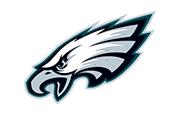
PhiladelphiaEagles |

JacksonvilleJaguars |
|
# of B Corporations
25 |
# of B Corporations
1 |
|
% Population with a BA
27.4 |
% Population with a BA
27.7 |
|
% Volunteers
26.5 |
% Volunteers
26.1 |
|
Violent Crime per 1,000 people
9.9 |
Violent Crime per 1,000 people
6.34 |
|
Diversity Rating
69.7 |
Diversity Rating
63.3 |
|
% Bike to Work
2.2 |
% Bike to Work
0.7 |
|
% Acres of Park Space
13.1 |
% Acres of Park Space
13.8 |
|
Public Transportation Score
67 |
Public Transportation Score
22 |
|
% Voters in Last Mayoral Election
24 |
% Voters in Last Mayoral Election
30.9 |


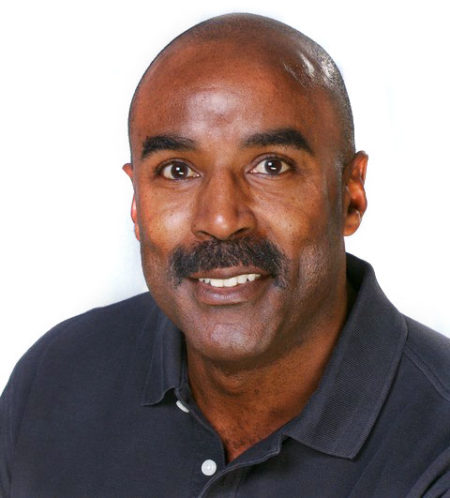
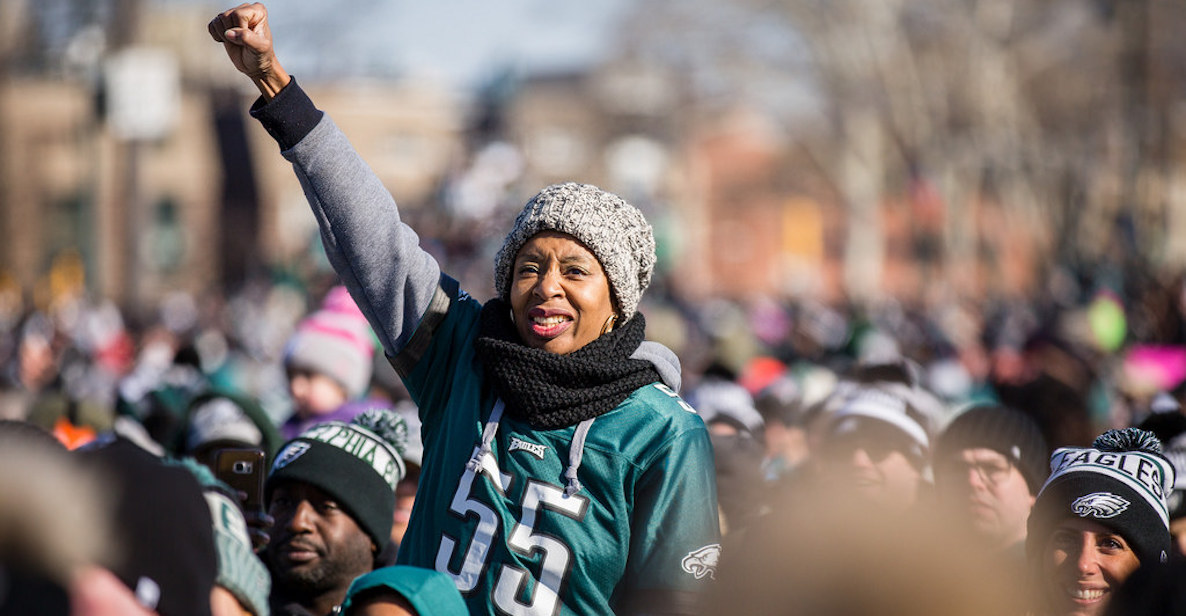
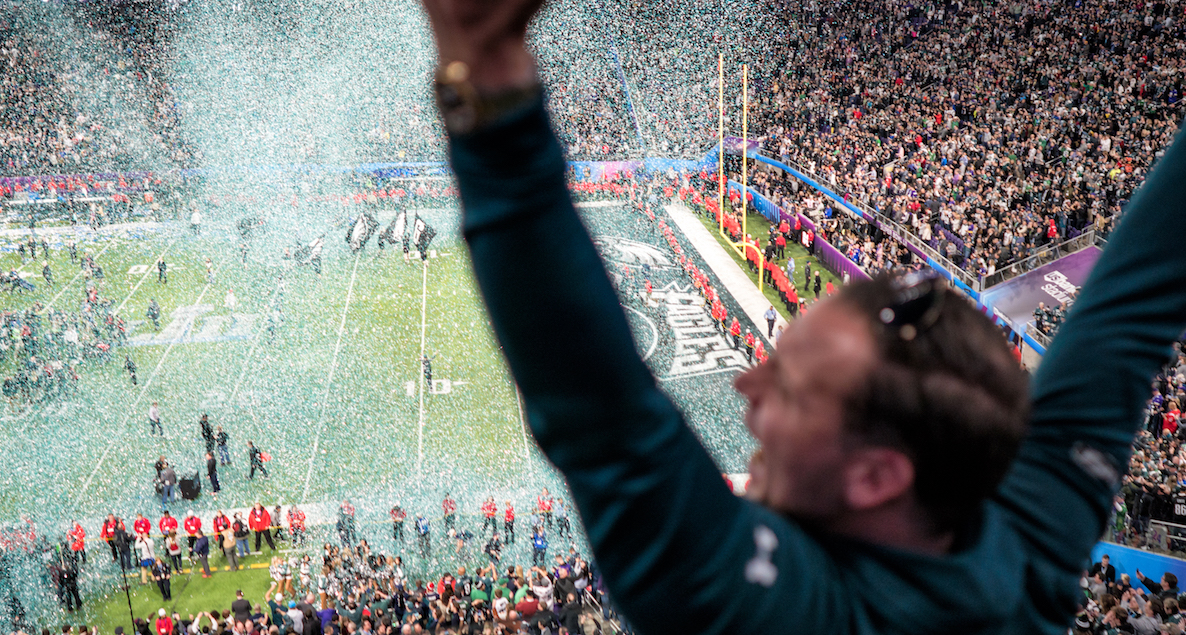

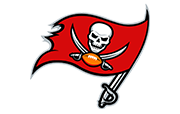

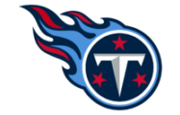

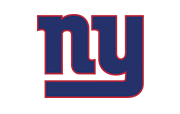

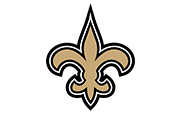
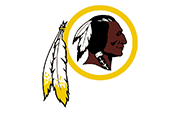

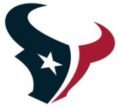


 Vikings
Vikings  Rams
Rams 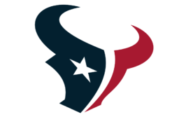 Texans
Texans